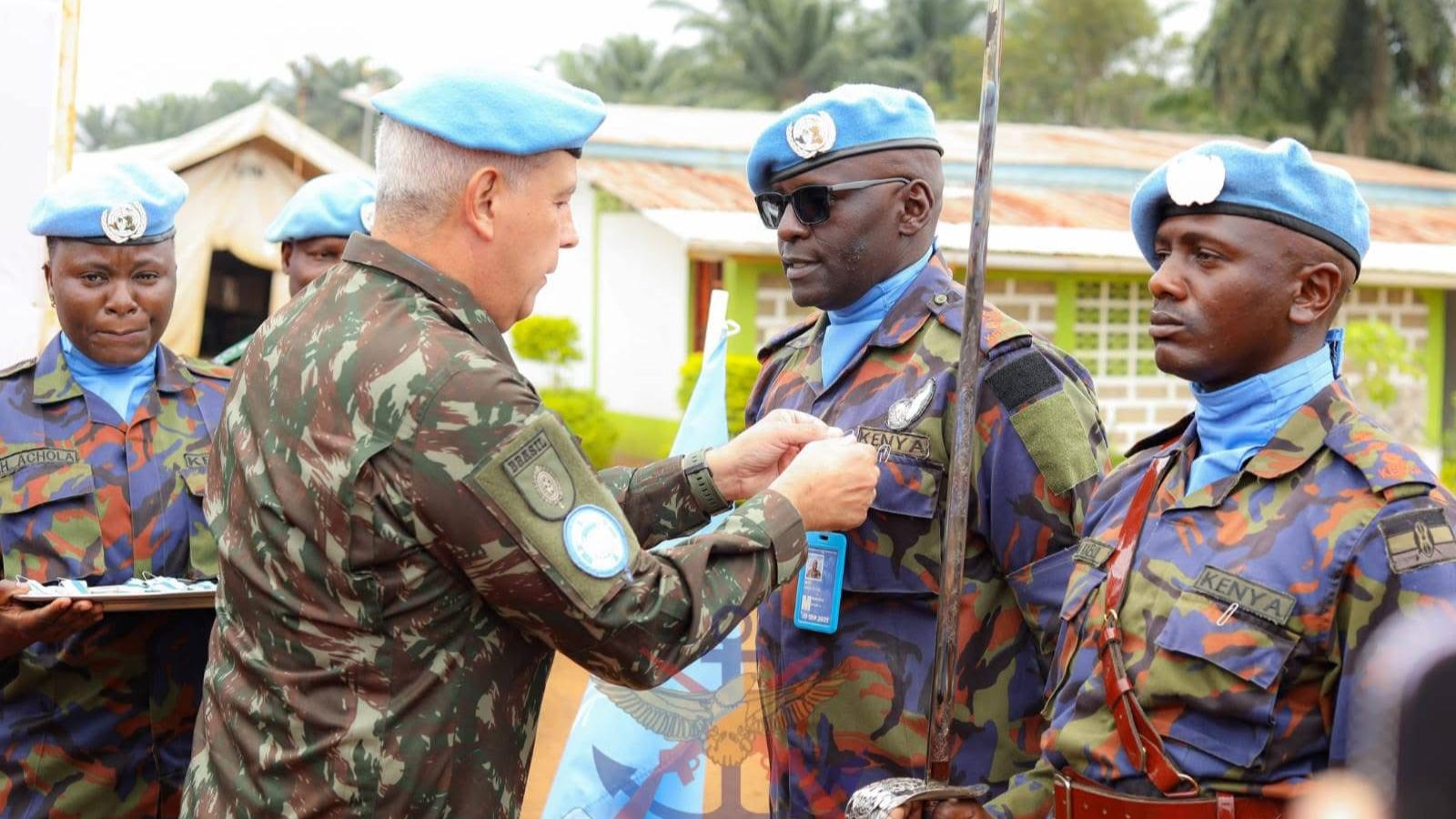President William Ruto and United Kingdom Prime Minister Keir Starmer on Tuesday, July 1, signed the renewed Kenya–UK Strategic Partnership 2025–2030, set to unlock over Ksh427 billion in investments.
In a statement, State House Spokesperson Hussein Mohamed said the deal is rooted in four key pillars: trade and investment, green growth and climate action, science and technology, and peace and security.
Mohamed noted that the partnership aims to double bilateral trade by 2030, provide digital skills training to 2.5 million Kenyans, and enhance cooperation in regional stability, counterterrorism, cybersecurity, and climate resilience.
To boost the science, technology, and innovation pillar, the UK will channel £100 million (Ksh17.7 billion) into Kenya’s innovation landscape, including lending support to over 500 Kenyan Start-Ups over the next five years.
“This investment is expected to benefit more than 500 start-ups, support 5,000 digitally driven SMEs, and create 30,000 new digital jobs. The two nations have also committed to enhancing collaboration on artificial intelligence and other advanced technologies to foster inclusive and sustainable digital growth,” Mohamed stated.
Read More
.jpg)
The UK government also pledged to mobilize up to £1.5 billion (Ksh266.1 billion) in new investments across Kenya, alongside facilitating $250 million (Ksh32.3 billion) in capital markets funding to spur development across strategic sectors by 2030.
The UK and Kenya committed to unlocking at least £200 million (KSh 35.5 billion) in green financing from a mix of public, private, and blended sources, advancing Kenya’s clean energy agenda and climate resilience goals.
The two countries also agreed to deliver on high-value investment deals of mutual benefit to both economies over the next five years.
This includes Nairobi Railway City, worth up to £150 million (Ksh26 billion) and with potential for 10,000 direct and indirect jobs in Kenya.
At the same time, Kenya and the UK agreed to an additional six weekly Kenya Airways flights between Nairobi and London, starting this week, to unlock the persistent cargo and passenger challenges.
In addition, the two leaders also agreed to expand cooperation between their security and defence agencies through intelligence sharing, capacity building, and joint operations.
Speaking about the new partnership between the UK and Kenya, UK Foreign Secretary David Lammy said the two nations have always had a close connection and the new deal will boost growth and create jobs.
“Through our shared history and values, the UK and Kenya have always had a close connection. Now we are building a shared future; a modern, innovative and respectful partnership which is delivering real benefits – boosting growth and creating jobs for both Kenyans and the British people. We’re going far, together,” said Lammy.
On his part, Prime Cabinet Secretary Musalia Mudavadi said the Nairobi Railway City (NRC) project exemplifies what is possible when Kenya and the UK work together.
“NRC is more than a transport hub; it is a symbol of Kenya’s future. Anchored at the new Nairobi Central Station, this multimodal development will seamlessly integrate with the expanding commuter rail, Bus Rapid Transit (BRT), PSV, and Non-motorised corridors. It is designed to our capital’s full potential as a global hub for investment.
“This week, we are proud to announce the procurement launch of the Nairobi Central Station’s procurement. This is a call to global investors, innovators, and visionaries: come shape the future of urban mobility in Africa,” Mudavadi said.
-1751433525.jpg)
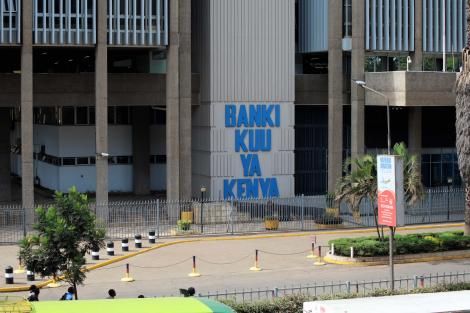
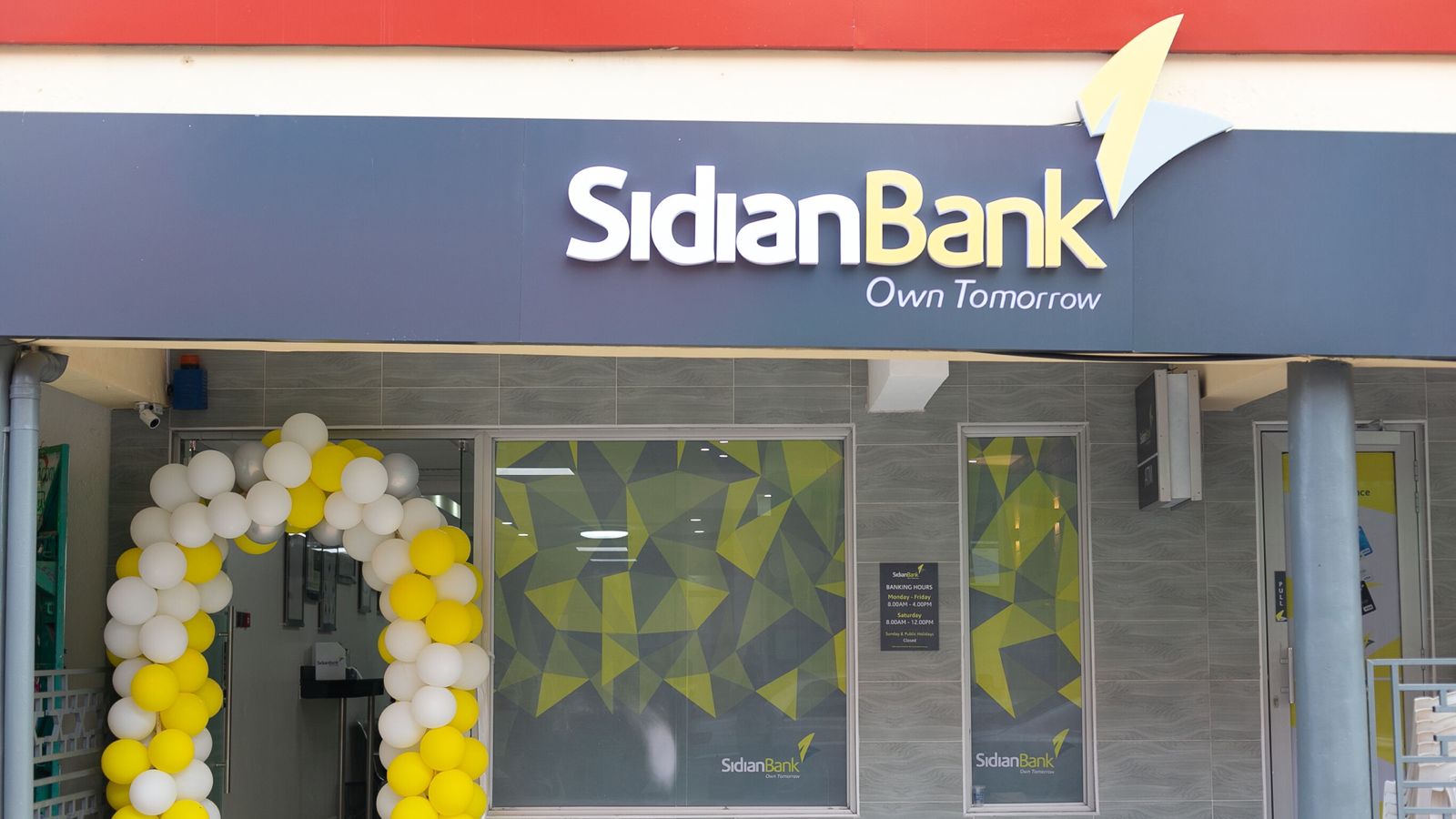


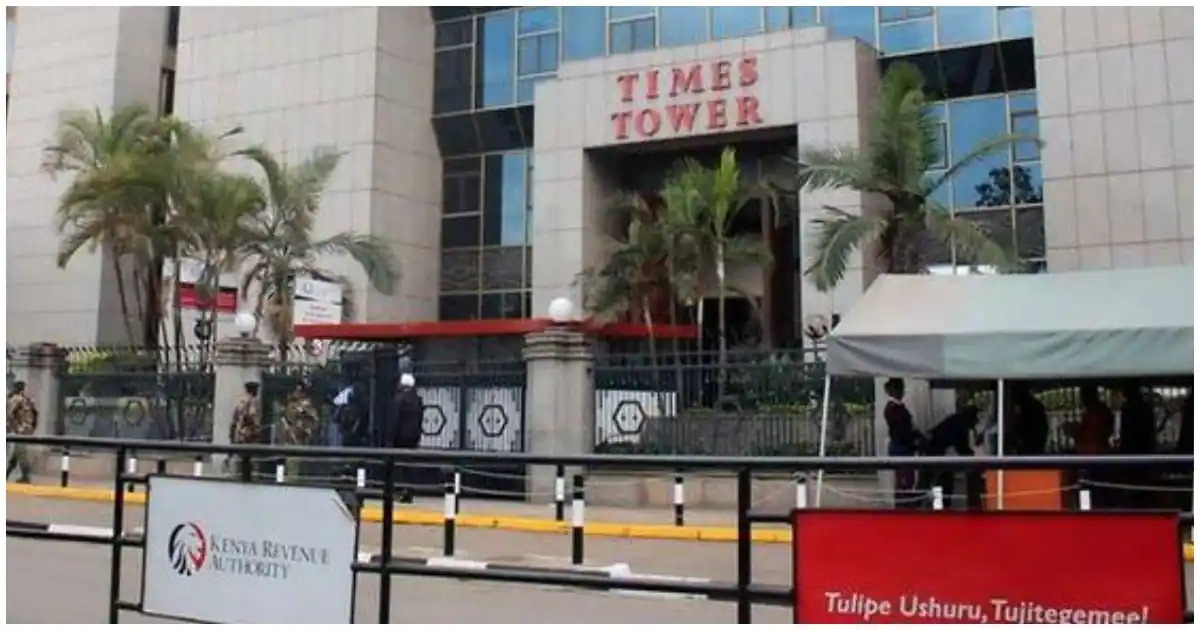
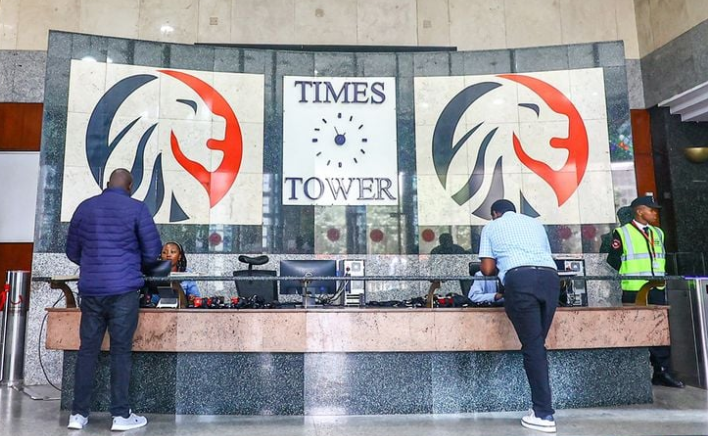
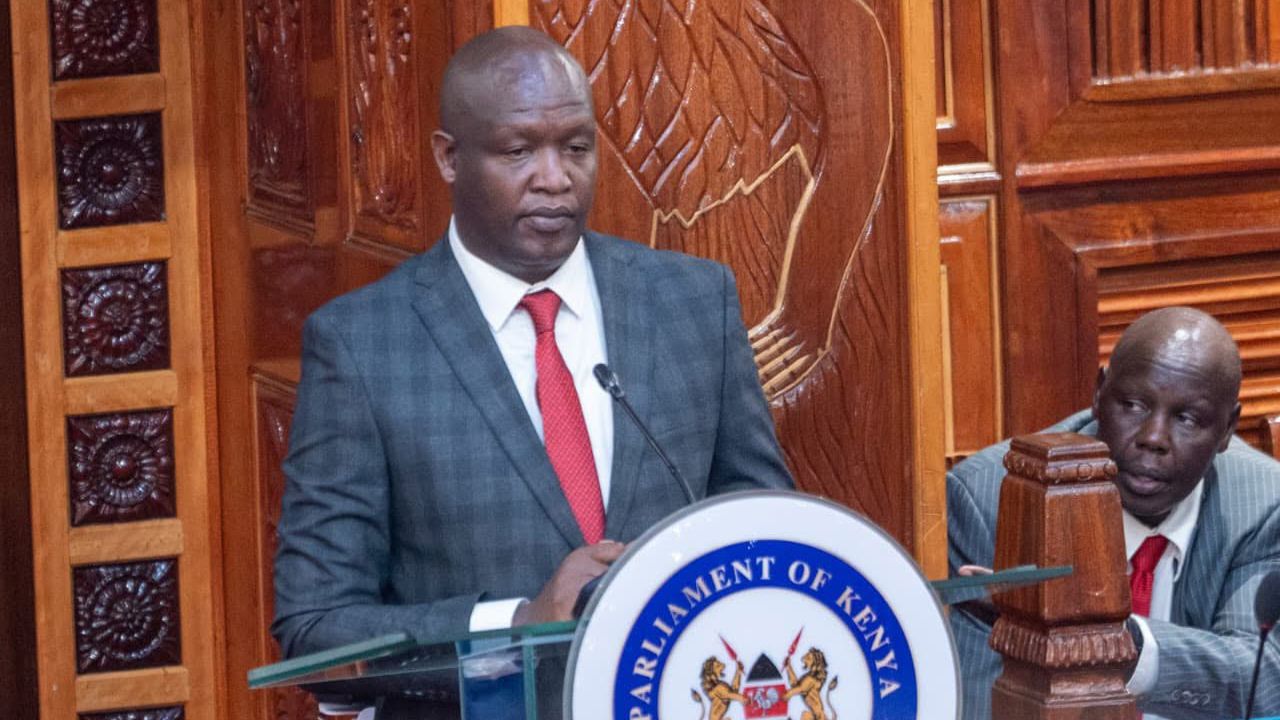
![Vehicles on Thika Road [Photo Courtesy]:](https://nairobileo.co.ke/storage/uploads/2021/02/IMG-20210208113329.png)

